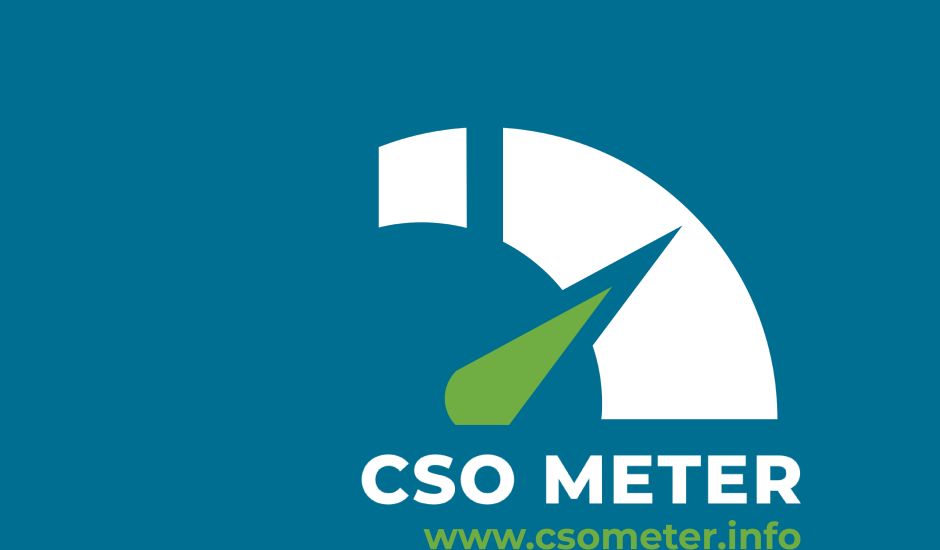
On November 28, Transparency International Anticorruption Cetner (TIAC) presented the findings of the CSO Meter Armenia 2024 report. The opening remarks were given by Sona Ayvazyan, Executive Director of Transparency International Anticorruption Center, Jan Plesinger, Head of Political, Press and Information Section, EU Delegation to Armenia and Simona Ognenovska, Project Director of “CSO Meter: Empowered for Action”․
Experts from TIAC and partner organizations presented the key findings of the study. According to the report, the scores in two areas – Freedom of Assembly and Freedom of Expression – have changed in 2024 as compared to 2023, reflecting both improvements and deteriorations in these areas. However, the overall score of the CSO environment has not changed, and the key challenges persist.
- Freedom of Assembly: Despite some progress in the legislation, the overall score of this area declined due to the major incidents of assembly participants’ rights being violated and continued impunity of law enforcement for related cases.
- Freedom of Expression: On the positive side, the report mentions an increased number of extrajudicial solutions for defamation and insult cases and government’s collaborative approach in working on media reforms. Challenges in this area include physical attacks against journalists, high levels of disinformation and hate speech, and selective addressing of hate speech and public calls to violence. by law enforcement.
- Access to Funding: Most significant problems are the lack of incentives for funding diversification and the interpretation of grant projects as ‘delivery of services’ that are therefore subject to charging VAT as defined by law.
- Right to Participation in Decision-Making: Positive developments include successful cases of participatory reforms and law-making and an improved framework for public participation in budgeting and monitoring public procurement. The lack of institutional mechanisms for participation in early-stage decision-making and engagement with the parliament, as well as the limited impact of CSO inputs in some policy areas and problems with access to information remain the most significant challenges.
- State Duty to Protect: The continuing lack of effective protection for CSOs working in sensitive areas, including increased pressure on environmental activists through strategic litigations against public participation (SLAPPs) and attacks on social media, are the main challenges of this area.
- Right to Privacy and Digital Rights: The draft legislation on street camera surveillance approved by the government raised strict criticism from CSOs and was therefore frozen by the government pending further discussions.
The presentation was followed by the Q&A session and discussion of the proposals for improving legal mechanisms for public participation, facilitated by Sona Ayvazyan.
The “CSO Meter: Empowered for Action” project is implemented with financial support from the European Union in collaboration with the European Center for Not-for-Profit Law (ECNL) and partner CSOs and experts from the Eastern Partnership countries. The reports on Armenia can be found at https://csometer.info/countries/armenia.
About CSO Meter
The CSO Meter supports regular and consistent monitoring of the environment in which civil society organisations (CSOs) operate in the Eastern Partnership countries. It consists of a set of standards and indicators based on international standards and best practices to measure both law and practice in 11 different areas.